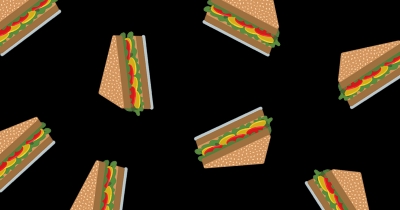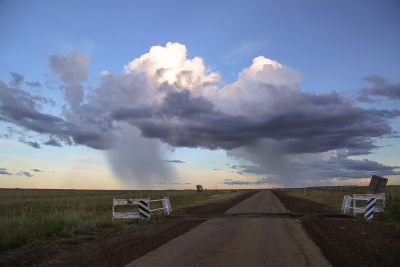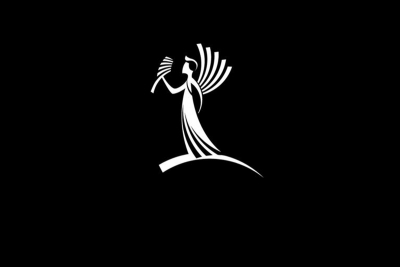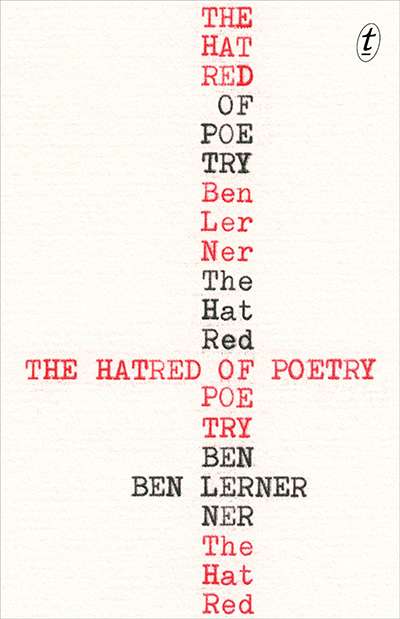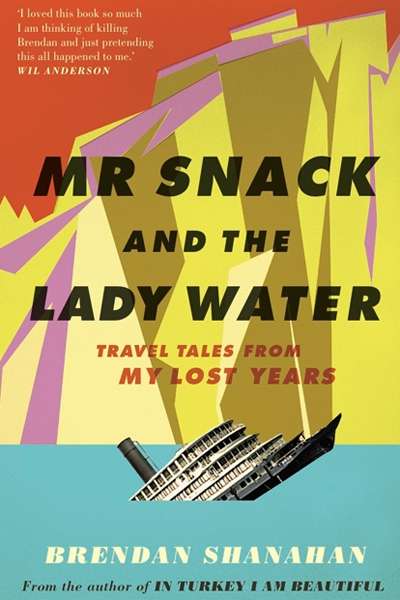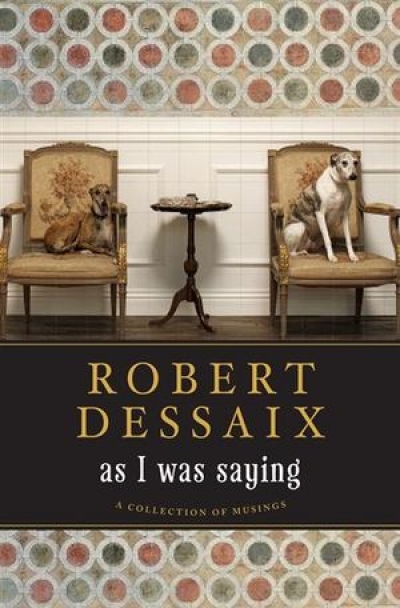Essay
Searing, mind-numbing grief at the loss of my partner of thirteen years was one thing, but such a breach of parking etiquette could not stand. The necessary adjustments were made, and the less serious business of grieving could begin. Later that day my sister weighed in. Her aid came in the form of fifteen ham-and-cheese sandwiches ...
... (read more)Nah Doongh was among the first generation of Aboriginal children who grew up in a conquered land. She was born around 1800 in the Country near present-day Kingswood, just south-east of Moorroo Morack, Penrith, and she lived until the late 1890s ...
... (read more)‘A mutinous and ferocious grace: Nick Cave and trauma’s aftermath' by Felicity Plunkett
It begins with a projected haze of ocean horizon. In this blurry liminal space, silence is misted with anticipation, like the moment before an echo comes back empty, right across the sea. Then a close-up of multi-instrumentalist Warren Ellis’s hands unpicking tranquillity’s fabric, each piano note a loosened stitch ...
... (read more)The University of Melbourne’s announcement on 30 January 2019 that Melbourne University Publishing would henceforth ‘refocus on being a high-quality scholarly press in support of the University’s mission of excellence in teaching and research’, which led to the resignations of its chief executive, Louise Adler ...
... (read more)As a freshwater ecologist, Alison Pouliot endeavours to understand the interplay of the processes that sculpt the Australian environment.
As an environmental photographer, she aspires to capture the intricacies and obscurities of these processes.
The insidious creeping nature of drought can sometimes lend itself more to images than words.
... (read more)Mary Cunnane, who has worked in the publishing industry since 1976, laments the laziness and irritation of those publishers who resent and underestimate unsolicited submissions from authors
... (read more)Mr Snack and the Lady Water: Travel Tales from My Lost Years by Brendan Shanahan
In Australia, fewer than one in three expected deaths takes place outside an institution, but eighty per cent of people say they would rather die at home.
... (read more)
